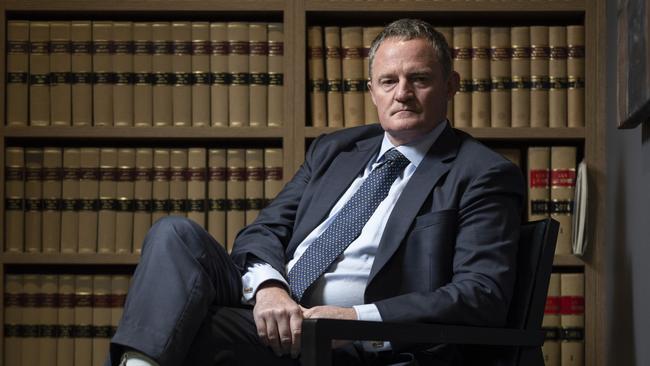
Given the ingrained left-wing culture in Canberra, where speeding is a crime but drug possession is not, will this body of barristers do something out of left field, so to speak? Something like recognise a barrister for standing up to a disturbing zeitgeist among many misguided social justice warriors employed in ACT institutions who treat the rule of law as an inconvenience?
Steven Whybrow SC has been nominated for the ACT Bar Association’s top annual award. He led the defence of Bruce Lehrmann during the notorious rape trial that ended in a mistrial. Whybrow was a key witness in the Sofronoff inquiry that revealed serious misconduct by the ACT’s then chief prosecutor, Shane Drumgold, including making false claims to the ACT Supreme Court to withhold material from Whybrow and the defence team.
There is probably a safe choice for the association’s top award. One that won’t rock the boat or niggle a judge.
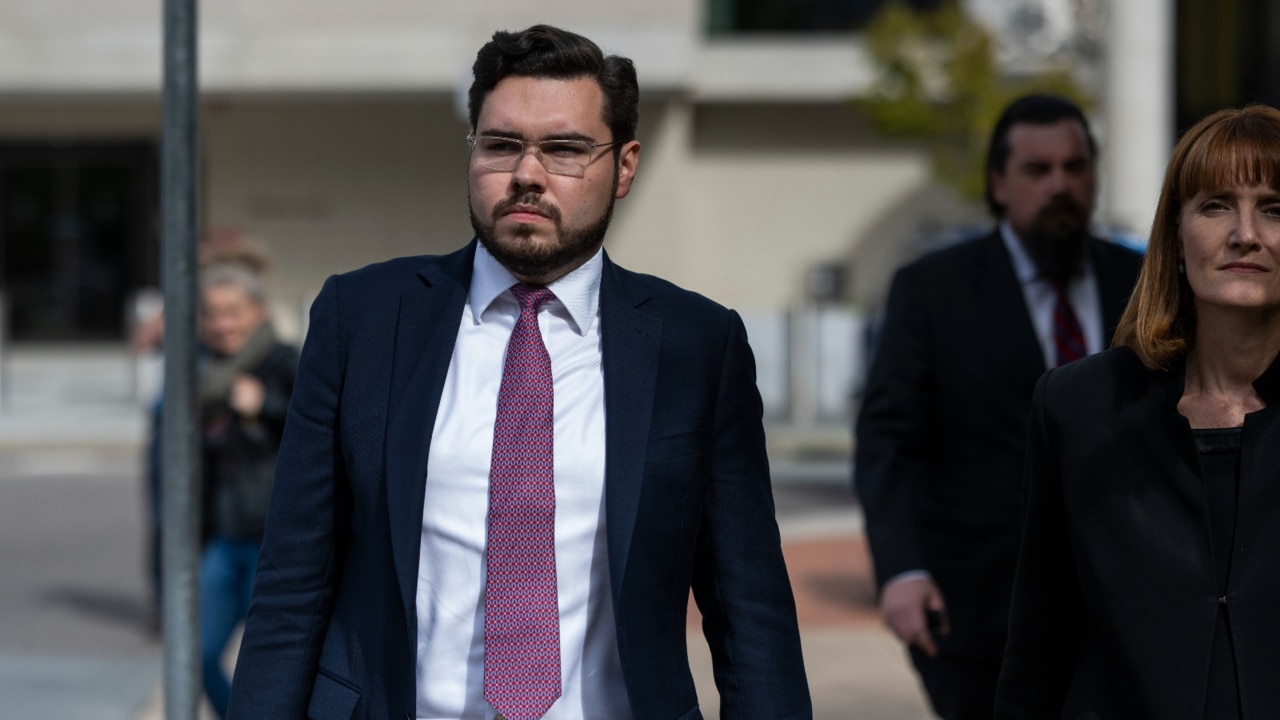
But now more than ever we need a Bar association to stand up to the faux progressivism that has taken hold in the ACT to drive up conviction rates for sex crimes at the cost of fundamental principles. Imagine if, to steal a line from William F. Buckley, those leading the Bar association decide to “stand athwart history, yelling stop, at a time when no one is inclined to do so, or to have much patience with those who so urge it”.
Buckley described this as the disposition of conservatives. I disagree. Genuinely progressive-minded people understand that even the most well-meaning mobs can be dangerous. What Whybrow does, and believe me he is no conservative, ranks among the finest traditions of progressivism.
In the excitable and racy #MeToo age, acting for a complainant, especially pro bono, is important but also popular work. It delivers instant and constant gratification. One can expect invitations to all the right public events, and equal enthralment and adulation at private dinner parties, too.
Whybrow did an unfashionable thing. He chose to act for a defendant who was deeply unpopular, even hated in many parts of the country, a man presumed guilty of rape in those same quarters. Whybrow decided Lehrmann deserved the defence that ACT Legal Aid refused to give him. A man was facing jail. His defence was that he did not do it, that Brittany Higgins was lying.
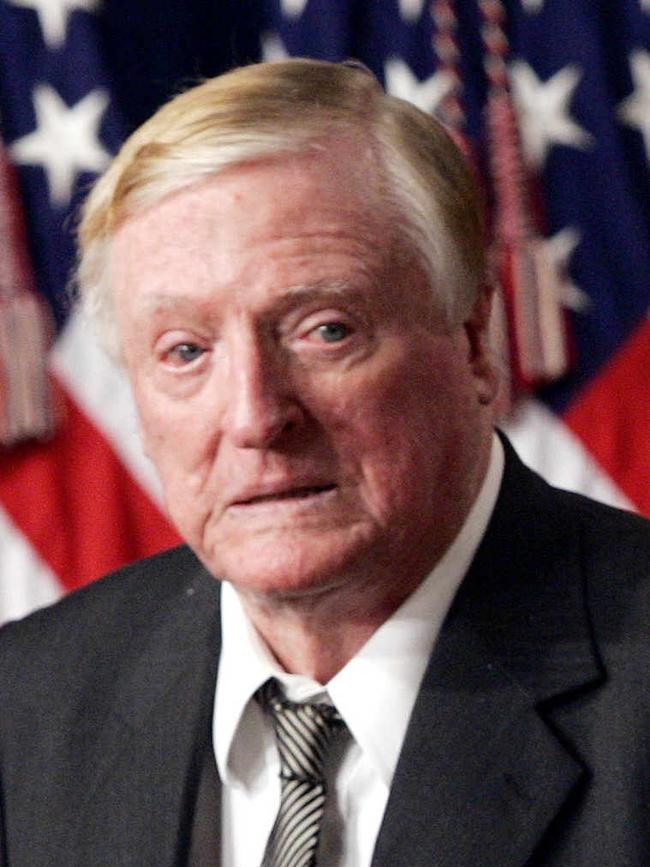
He, like any other citizen, is entitled to defend himself, no matter how unpopular that made him and regardless of swirling social movements that would prefer a truncated justice system that moves swiftly from accusation to verdict, skipping fundamental values that define a criminal justice system in a liberal democracy.
Whybrow acted for Lehrmann on the basis that if his client could later pay, he would do so. There was no expectation of payment. And not a penny has reached his purse because Lehrmann cannot afford to pay.
As noble as that is, Whybrow’s greatest contribution to the law and to society is about an idea called the rule of law.
Ideas need champions to survive and thrive. If not defended by lawyers and judges, why would the broader community regard the rule of law as central to the equal and fair treatment of citizens in a liberal democracy?
Whybrow did it at a tricky time too. The prime minister, Scott Morrison, and opposition leader, Anthony Albanese, had ignored the presumption of innocence by siding with Higgins. Mobs of rowdy #MeToo advocates, including high-profile ones in the media, apparently had little time for the rule of law. Even Bar associations and other legal bodies struggled to remind us that the rule of law must not fall victim to baying mobs.
Though Whybrow would not talk to me about his nomination for the President’s Medal, he did tell me that now is the right time for one of those Geoffrey Robertson’s Hypotheticals style shows.
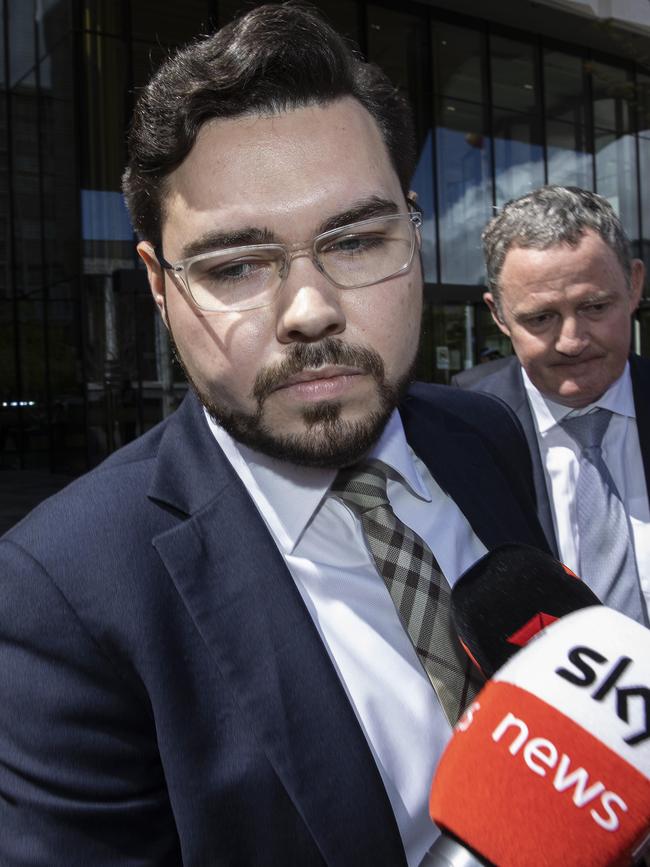
Remember the series from the mid-1980s where Robertson played intellectual sleuth, exploring complex issues by testing the skills and knowledge of people with different perspectives? The early, pre-pompous, panels were outstanding. You couldn’t do it today. People prefer to relax in their anti-intellectual silos.
A Robertson-style interlocutor might ask a victims of crime commissioner how defining someone as a victim ahead of trial sits alongside a criminal justice system.
A prosecutor on this Hypothetical panel might be probed about the real pressures to prosecute weak cases even though they have no prospect of success. A judge might be asked how bringing these unmeritorious cases serves justice. A lawyer dealing with a sexual assault case might be challenged to consider how bringing unmeritorious cases would necessarily lead to lower conviction rates and publicly humiliate women who alleged assault where evidence suggested consensual sex.
A Robertson-style inquisitor might delicately test the unfortunate but predictable misconception raised by Higgins’s comments last weekend when she slammed the “horrific championing” of Lehrmann in the media.
A journalist on this Hypothetical panel might explain that no one should champion Higgins or Lehrmann. There was a story to be told, one that Higgins would not always control, despite her going to the media before formalising a police complaint.
That story has been messy, troubling, controversial, sad. It ensnared good and decent people and exposed misconduct by others. But at the heart of this story is the rule of law.
The same journalist might then point out that no one knew what happened that night, except Lehrmann and Higgins. A mass of conflicting evidence came out during the trial, as it should have. That is why we have the presumption of innocence, cross-examination, due process, a standard of proof beyond reasonable doubt in criminal trials.
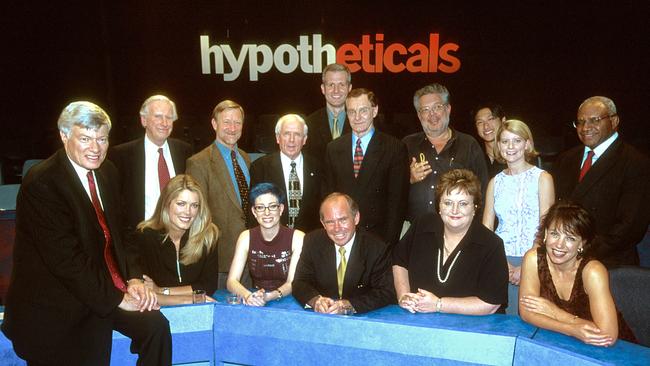
All of this is to uphold the rule of law for every citizen, no matter the media trials that, at times, apply their own rules.
Higgins’s public confusion, echoed by many others, about these matters illustrates how vital it is that fair-minded people step up to champion the rule of law right now.
This Hypothetical might, finally, hear from Jill or Joe Citizen explaining why it should be championed. One day if an accusation is made against them, or someone they know and love, the rule of law is the only thing standing between them and a mob baying for a more seamless process from accusation to verdict.
If Whybrow, whose work encapsulates these complexities and the finest traditions of the Bar at a time when they are most needed, were on this Hypothetical, he might repeat what he told me: we should strive for sensible reforms to help complainants and to lift conviction rates – but never at the cost of fundamental criminal justice principles.
It is traumatic to have your version of events tested, your credibility challenged. And necessarily so. How else do we test an allegation if not by robust cross-examination? Are we so determined to lift conviction rates that we are willing to reject Blackstone’s maxim that it is better that 10 guilty people escape punishment than one innocent person suffer?
Saying such things won’t win Whybrow a popularity contest. But law is not that. And, dare I add, the President’s Medal is not the legal equivalent of the Logies.
Remember that as we wait the ACT Bar Association’s choice for winner.


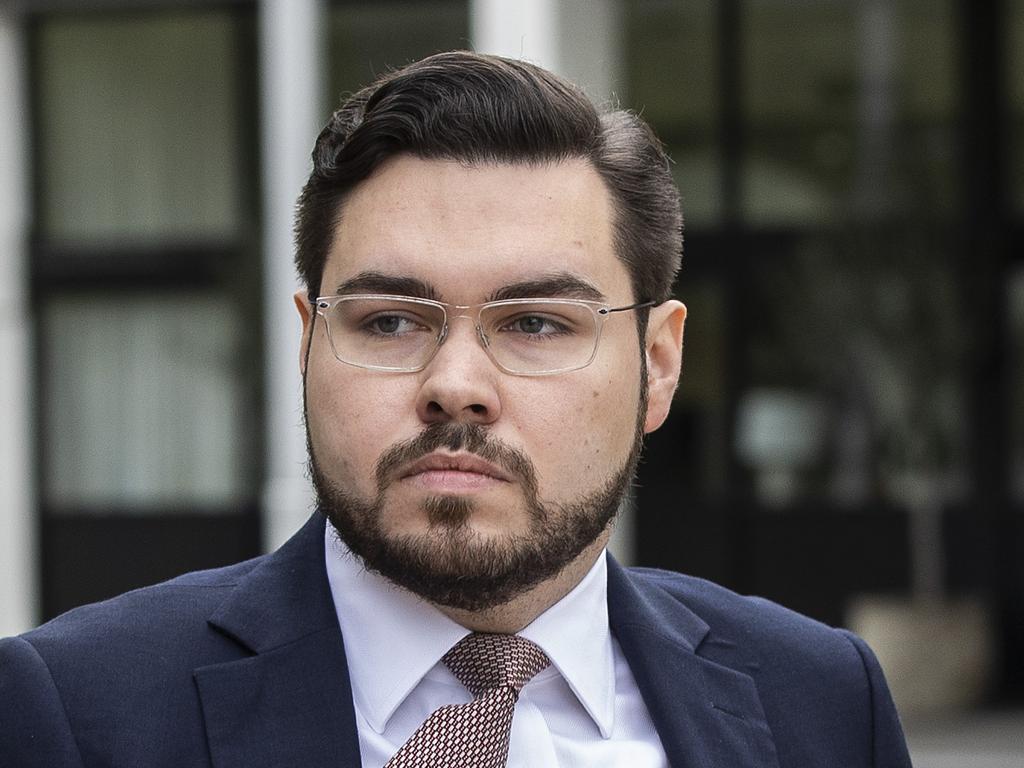


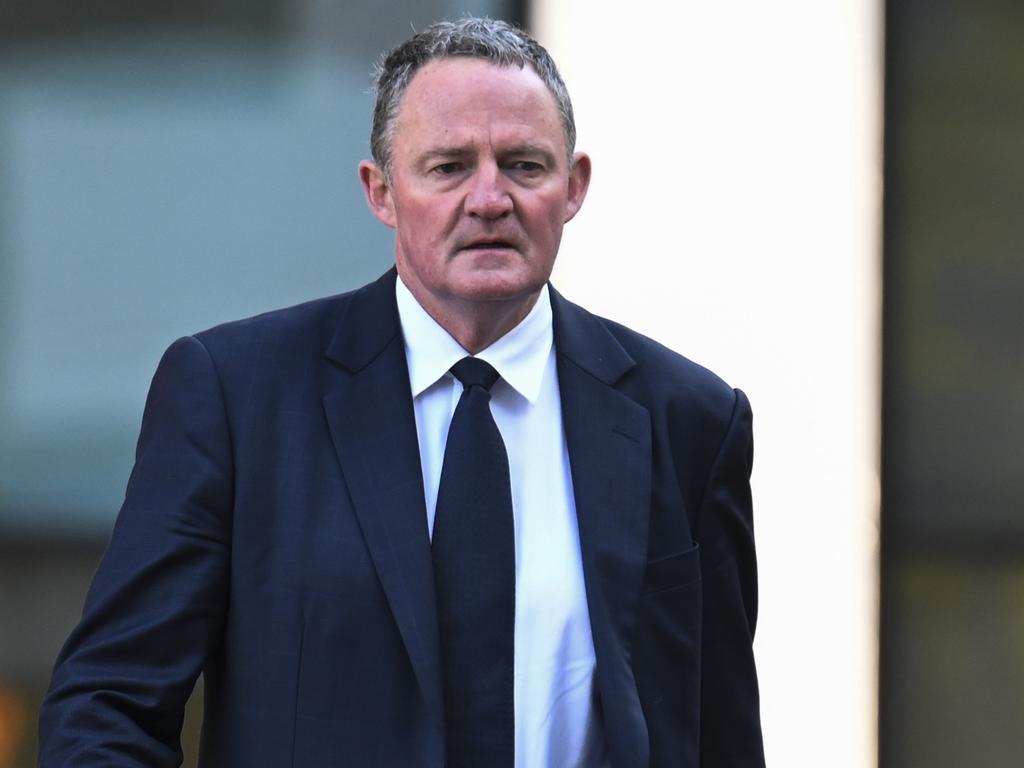


A test is looming for the ACT Bar Association. On Friday it will announce the winner of its 2023 President’s Medal.